BY THE SAME AUTHOR
NOVELS
Portrait of a Man Unknown
Martereau
The Planetarium
The Golden Fruits
Between Life and Death
Do You Hear Them?
Fools Say
You Dont Love Yourself
SHORT PROSE AND CRITICISM
Tropisms
The Age of Suspicion
The Use of Speech
PLAYS
Collected Plays: Silence, The Lie, It isThere, Izzum and ItsBeautiful
CHILDHOOD
Nathalie Sarraute
Translated by Barbara Wright
in consultation with the author
With a new Foreword by Alice Kaplan
THE UNIVERSITY OF CHICAGO PRESS
Chicago and London
The University of Chicago Press, Chicago 60637
Originally published in French as Enfance
Copyright Editions Gallimard, Paris, 1983
English translation 1983 by Barbara Wright
Foreword 2013 by Alice Kaplan
All rights reserved. Originally published 1984.
University of Chicago Press edition 2013
Printed in the United States of America
22 21 20 19 18 17 16 15 14 13 1 2 3 4 5
ISBN-13: 978-0-226-92231-7 (paper)
ISBN-13: 978-0-226-92232-4 (e-book)
Library of Congress Cataloging-in-Publication Data
Sarraute, Nathalie.
[Enfance. English]
Childhood / Nathalie Sarraute ; translated by Barbara Wright in consultation with the author ; with a new foreword by Alice Kaplan.
pages. cm.
ISBN 978-0-226-92231-7 (paperback : alkaline paper) ISBN 978-0-226-92232-4 (e-book)
1. Sarraute, NathalieChildhood and youth. 2. Novelists, French20th centuryBiography. I. Kaplan, Alice Yaeger. II. Title.
PQ2637.A783Z46413 2013
843.914dc23
[B]
2012036146
 This paper meets the requirements of ANSI/NISO Z39.48-1992 (Permanence of Paper).
This paper meets the requirements of ANSI/NISO Z39.48-1992 (Permanence of Paper).
FOREWORD
An eighty-three-year-old writer looks back at the first twelve years of her life. She begins by asking whether such a thing is even possible, or whether, by wanting to put to paper something as conventional as her memories of childhood, she isnt betraying her mission as an experimental writer. It occurs to her that she might be going senile. She, throughout the book, is really two voices, challenging one another, egging each other on. Following these two voices is the first pleasure and source of fascination in reading Nathalie Sarrautes Childhood. When the book appeared in 1983, it was immediately recognized for its originality and emotional depth, as a dazzling innovator among coming-of-age stories, destined to be Sarrautes most enduring work. Three decades later, Childhood has lost none of its power.
It is hard to imagine another writer who could sustain a childhood memoir in the form of an internal dialoguemuch less a dialogue that questions the validity of memoir and then questions that questioning. Instead of offering a memoirs assurance that everything in the book really did happen, Sarraute challenges her writing self, who can only answer her: I dont remember; I dont think so; Yes, youre right but...
Who exactly is doing the thinking or the talking here? Is Sarraute the writer sparring with Sarraute the critic? Is Sarraute the sentimental storyteller confronting her editor? Some critics have suggested that the second voice, which appears in the masculine in French, might represent Sarrautes husband, Raymond, who read all her work. Or, since Sarraute was trained as a lawyer and practiced law before she turned to writing, others have suggested that the second voice represents her legal mind, at odds with her esthetic sensibility. Childhood has been adapted for the stage, with a schoolgirl sitting at her desk playing one part and a voiceover of the adult Sarraute playing her adversary. But what Sarraute created on the page is not quite so simple, and occasionally, we get the impression that the roles are shifting, the characters merging or changing attitudes.
To be drawn into the interior conversation that is Nathalie Sarrautes Childhood, you do not need to know that she was the standard bearer for the post-WWII avant-garde movement known in France as the New Novel. Childhood stands on its own. But you can appreciate her story even more when you understand that she was always a researcher in the art of fiction as well as a creator of fictions. Her first book, Tropisms, published in 1939, is, like Childhood, a series of vignettes. In it, she investigates the kind of shimmering meanings that lay beneath the most ordinary communication, whether among literary snobs discussing poetry or women shopping. From 1939 to 1999, through novels, plays, and critical essays, Nathalie Sarraute never stopped asking the same question: When you write, how do you capture in language, through language, what language doesnt want to tell you?
...
Sarrautes most readable and emotional work, Childhood brings us into the mind of a young girl who has been forced to change languages, countries, and parents. Part of its art lies in the fact that its very form, fragmentary and with a split self, corresponds to a childs disorienting experience of divorce. Natacha Tcherniak, born in Russia in 1900, was only two when her parents separated. Her mother first moved to Paris to join a new partner and brought daughter Natacha with her. From age two to six, Natacha saw her father in two-month stretches, in Russia or Switzerland, where he worked as a chemisthe was a specialist in manufacturing dyes. In 1906, her mother and stepfather brought her back to Russia, where her mother made a living as a writer, specializing in short stories and childrens fables. A year later, it was her fathers turn to emigrate. His brotherNatachas unclewas wanted by the tsarist police in connection with a terrorist bombing, and he left the country in part to fight against his brothers extradition from Sweden. Thus history and tragedy came to reside on the edges of the childs consciousness. When Natacha was seven, she learned that her uncle had died, asphyxiated, aboard the ship taking him from Sweden to Antwerp. Her father would never return to Russia.
Natacha finally settled in France in 1909, now in her fathers household. Much of Childhood is the account of her French schooling and how she grew up to be a young French woman named Nathalie. In school, she invents a story about her first sorrowthe death of a fluffy white dogand in the recesses of her room, she loses herself in the adventure stories of Ponson de Terail. Childhood ends the day that Nathalie boards the tramway for her first day of high school at the Lycee Fenelon. By then she has assimilated the lessons and spirit of the French Marseillaise: I felt that its strain had captured the rage of an unbearable defeat, the desire for revenge, a warlike fervor. She tells herself that its time to stop writing because the soft whitish cloudy layers of childhood have dissipated. We understand that a fixed consciousness marks the end of her childhoods uncertainty, that the world has become solid, visible all over, just made to my measure.
...
In the French tradition that goes back to Montaigne and Rousseau, autobiographers promise to tell the reader what is true. But the twentieth century, with its migrations, its wars, its deadly technologies, is, as Sarraute put it in the title of her 1956 collection of essays, an age of suspicion: suspicion about the aptitude of language to reflect so troubled a universe. Even in its beauty, Childhood endorses this suspicion on every page. Its prose is highly polished, but this is not a well-rounded story in any conventional sense. Childhood is constructed in seventy separate sequences: in the English translation the sequences are separated by seventy white spaces. While one of the voices asks questions that are often in the past tense, the story itself is told in the present, more like a series of diary entries than a memoir. The quality of her memories is as delicate and magical as the fairy tales her mother must have written, and the combination of that immediacy, that delicacy, may be what has made
Next page
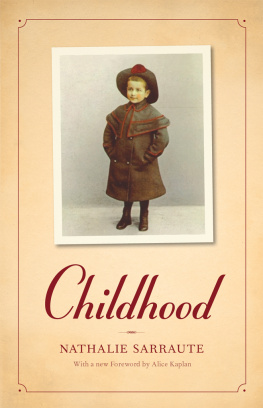
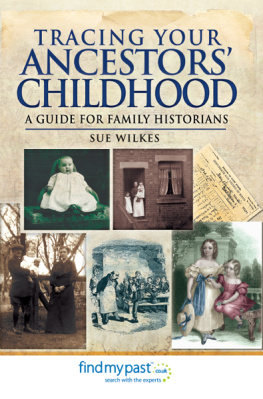
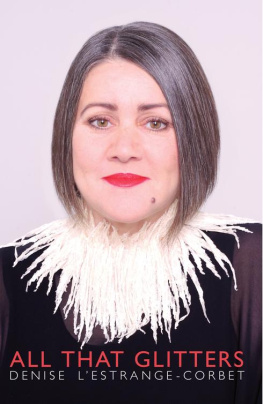

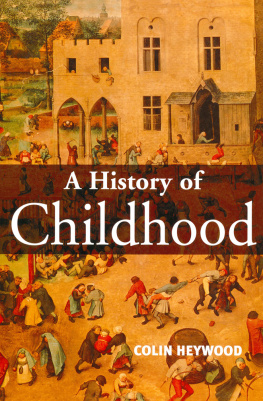
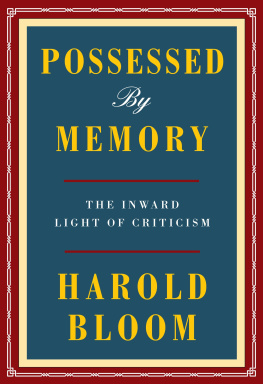
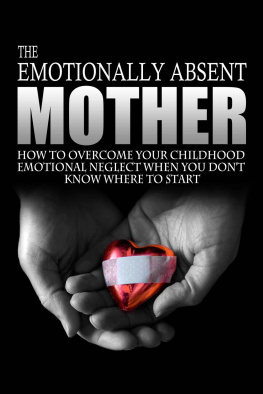
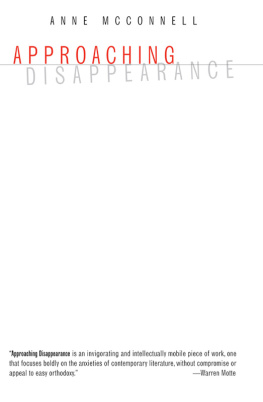
 This paper meets the requirements of ANSI/NISO Z39.48-1992 (Permanence of Paper).
This paper meets the requirements of ANSI/NISO Z39.48-1992 (Permanence of Paper).